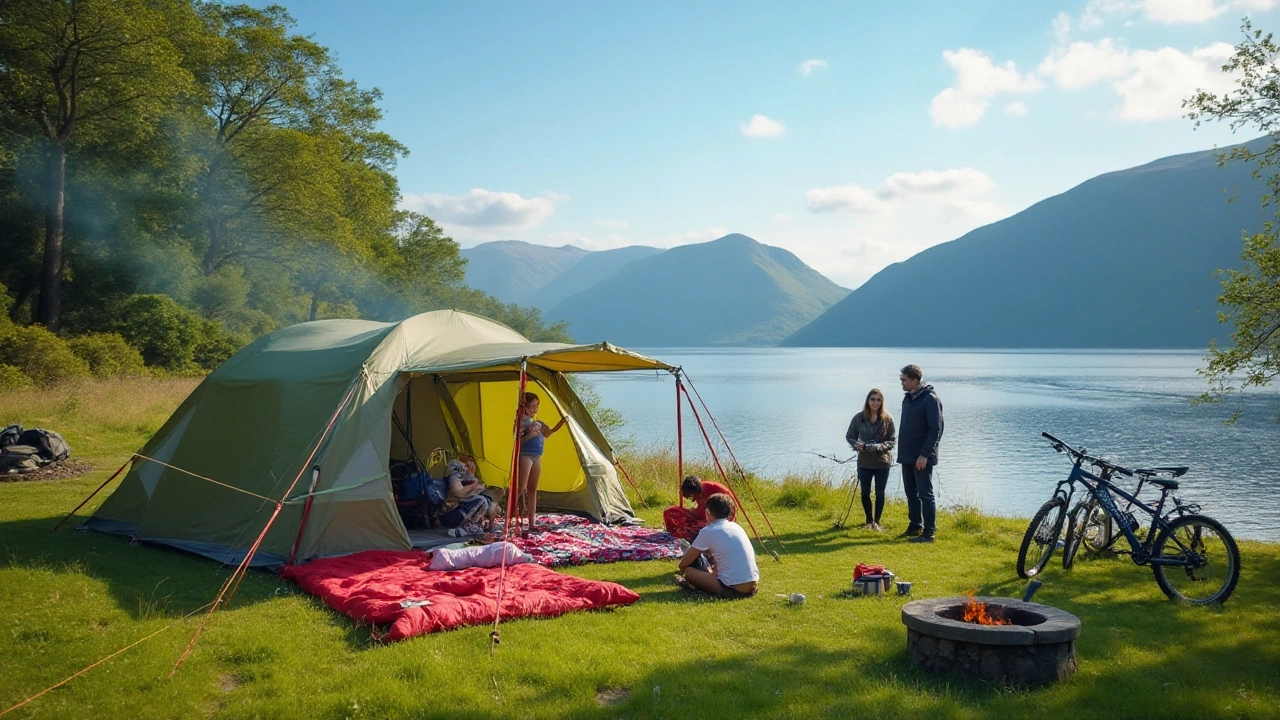Cost Comparison – How to Choose the Cheapest Way to Travel
Planning a road trip feels exciting until the numbers start adding up. How much will a campsite cost versus a hotel? Is pulling a camper really cheaper than driving a full‑size RV? These are the questions most travellers ask, and the answers are easier to see when you break the costs down piece by piece.
Below you’ll find straight‑forward ways to compare the biggest expenses on a motorhome holiday. No jargon, just the facts you need to decide where to spend and where to save.
Camping vs Hotels – Where Does the Money Go?
First, look at the nightly price. A basic campsite charge in the UK often ranges from £15‑£30, while a three‑star hotel can be £70‑£120. The gap widens during peak season, so a campsite might still be under £40 when hotels jump to £150. But price isn’t the only factor.
Check what’s included. Campsites usually charge extra for electricity, water, and sometimes waste disposal. If you need a lot of hookups, add £5‑£10 per night. Hotels bundle everything – cleaning, toiletries, Wi‑Fi – into the room rate. If you value those comforts, the higher price can feel worth it.
Don’t forget travel time. A campsite near your route can shave hours off your drive, saving fuel. A hotel in a city centre might force you to spend extra on parking or extra mileage. Add those hidden costs to your spreadsheet and you’ll see a clearer picture.
Pulling a Camper vs Driving an RV – Real Price Break‑down
Next up, the vehicle choice. Pulling a camper behind a car usually means lower fuel consumption because the tow vehicle does most of the work. Expect about 8‑10 mpg on UK roads. A motorhome of the same size can drop to 6‑7 mpg. Over a 500‑mile trip, that difference can be £60‑£80 in fuel.
Maintenance is another hidden item. A tow‑car needs regular servicing, tyre checks and sometimes a more robust hitch. Those costs are spread over many trips, so the per‑trip price stays low. An RV has a larger engine, more complex systems and higher insurance. Insurance for a motorhome often starts at £500‑£700 a year, while a tow‑car’s policy might be half that.
Consider campsite fees. Some sites charge extra for a motorhome because of the extra space it occupies. A camper trailer may qualify for a standard pitch rate. Check the site’s pricing table before you book – it can shave £10‑£20 per night off your total.
Finally, think about flexibility. A motorhome lets you park and sleep almost anywhere that allows it, reducing the need for a dedicated campsite. That freedom can offset higher fuel and insurance costs if you’re willing to spend a night in a wild‑camp spot where it’s legal.
Bottom line: If you’re tight on budget, a small camper trailer pulled by a fuel‑efficient car usually wins on pure numbers. If you crave convenience and don’t mind spending a bit more on fuel and insurance, a motorhome gives you that all‑in‑one feel.
Whatever you choose, write down each cost line – fuel, campsite fees, insurance, extra services – and compare the totals. The cheapest option on paper might not be the cheapest in practice if it adds time, stress or loses the experiences you value.
Ready to plan your next adventure? Use the cost‑comparison tips above, plug your numbers into a simple spreadsheet, and you’ll see exactly where your money goes. With that knowledge, you can pick the option that fits your wallet and your wander‑lust perfectly.
Tent Camping vs RV: A Cost Comparison for Family Adventures
When planning a family camping trip, one of the key decisions you'll face is whether to go tent camping or opt for an RV experience. This article explores the cost differences between these two popular options, highlighting factors like initial investments, maintenance costs, site fees, and essential gear. We'll delve into practical tips to help families make cost-effective choices that suit their camping style and budget. Whether you're an adventurer on a shoestring budget or looking for comfort and convenience, understanding the financial aspects can guide you to a memorable and affordable getaway.
